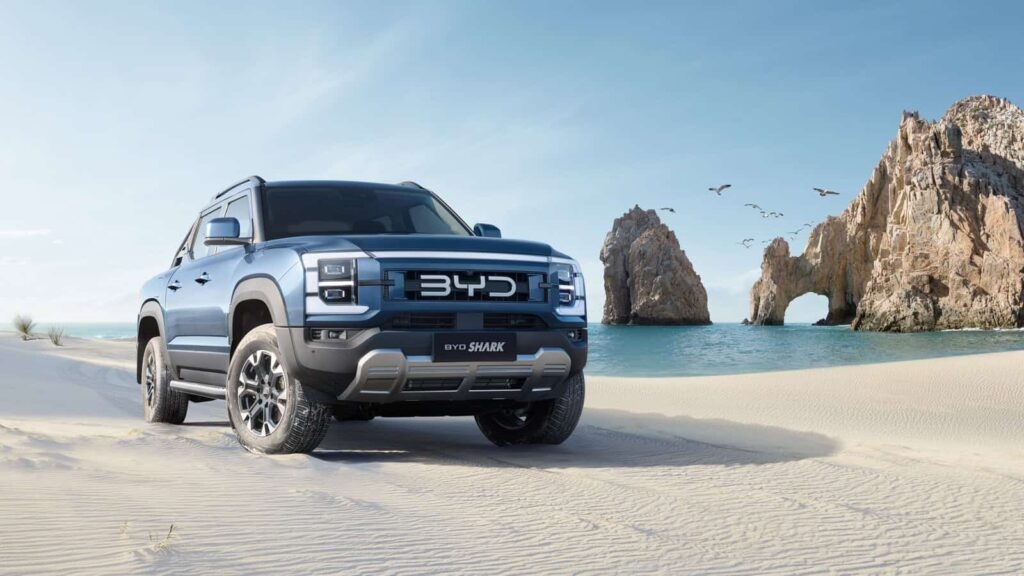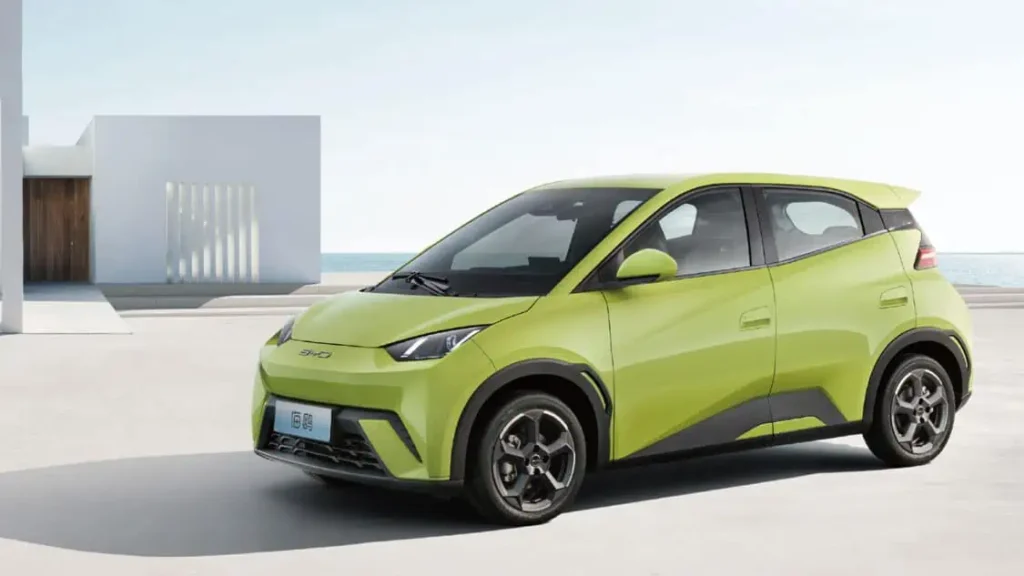China’s BYD Boosts Q2 Net Profit Despite Discounts
Chinese electric vehicle giant BYD reported strong financial performance in the second quarter of 2024, reflecting its dominant position in the market despite engaging in a price war with steep discounts on its top-selling models. The company’s net profit surged to 9.1 billion yuan ($1.3 billion) during the April-June period, marking a 32.8% increase compared to the same quarter last year. This represents BYD’s fastest profit growth since the end of 2023. Additionally, the company’s revenue grew by 25.9%, reaching 176.2 billion yuan. These impressive results highlight BYD’s ability to maintain profitability and expand its market share in the highly competitive EV sector.

In the first half of 2024, BYD’s sales of automobiles and related products made up a substantial 75.8% of its total revenue, reflecting the company’s strong focus on the automotive sector. During this period, BYD’s gross margin improved to 23.9%, a 3.3 percentage point increase from the same time last year, showcasing the company’s growing profitability.
However, in the second quarter, BYD’s gross margin dipped to 18.69%, down from 21.88% in the first quarter, according to Reuters’ calculations based on the company’s fiscal reports. Despite this decline, BYD remains a dominant force in China’s electric and plug-in hybrid vehicle market, largely due to its vertical integration strategy. This approach allows BYD to manufacture key components in-house, such as batteries, which gives the company a competitive edge in controlling costs and ensuring quality across its product lineup.
BYD is not only solidifying its dominance in the Chinese market but also expanding its international presence with plans to establish manufacturing facilities in regions such as Europe and Mexico. However, the company faces challenges, including a 17% additional tariff on EV exports from China to European Union countries, which could impact its pricing strategy in that region.
Despite these hurdles, BYD’s vertical integration strategy provides it with significant pricing power, particularly in the budget segment of the market. According to Rosalie Chen, an analyst at Third Bridge, BYD has “absolute pricing power” for vehicles priced under 150,000 yuan (approximately $21,046) in China, as the company manufactures nearly all components in-house, except for glass and tires. This control over production costs allows BYD to be highly competitive, especially in the sub-$21,000 price range, where over half of the cars sold in China are positioned.

Agressive Discounts
BYD is aiming for a significant 20% increase in annual sales this year, employing aggressive discount strategies for its popular Dynasty and Ocean series of EVs to solidify its leading position in China’s new energy vehicle market. With a market share exceeding one-third, BYD has outperformed competitors, including Volkswagen, with its combined joint ventures in China falling 14.5% short of BYD’s sales in the first seven months of the year.
Globally, BYD is expected to surpass Tesla as the world’s largest EV manufacturer in 2024, with a projected 17.7% market share compared to Tesla’s 17.2%, according to Counterpoint Research. This potential leadership shift underscores BYD’s rapid growth and its strategic dominance in the EV market.
New Tariffs in Canada
However, BYD faces challenges in Europe, where it is subject to additional import taxes imposed by the European Union. The EU argues that Chinese EV production has benefited from extensive subsidies, a claim that China’s commerce ministry disputes, promising to protect Chinese firms. Similar tariffs are also being introduced by Canada, and are already present in the U.S., complicating BYD’s global expansion efforts.
Despite these challenges, BYD’s international presence is growing, with overseas shipments accounting for 11.9% of its total car sales in the first seven months of 2024, nearly doubling from the same period last year. This international growth, combined with its robust domestic strategy, positions BYD as a formidable player in the global EV market.
As BYD expands its market reach, it is also focusing on enhancing profitability through its premium brands—Denza, Fangchengbao, and Yangwang. These brands contributed 5% of BYD’s total sales in the first half of the year. To bolster their presence and appeal, BYD is investing heavily in the development of advanced intelligent features, including sophisticated autonomous driving systems.
To accelerate this effort, BYD has been actively recruiting thousands of engineers, although it currently depends on external suppliers for some of the technology used in its premium models. For instance, Denza vehicles utilize Momenta’s advanced autonomous driving system, while Huawei’s technology is employed in the Fangchengbao Bao 8 SUV. This strategic investment in technology aims to enhance the appeal of BYD’s premium offerings and position the company more competitively in the high-end segment of the EV market.
